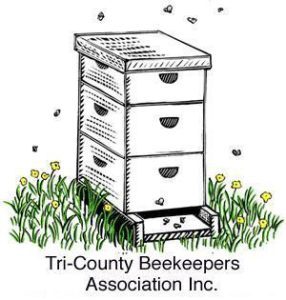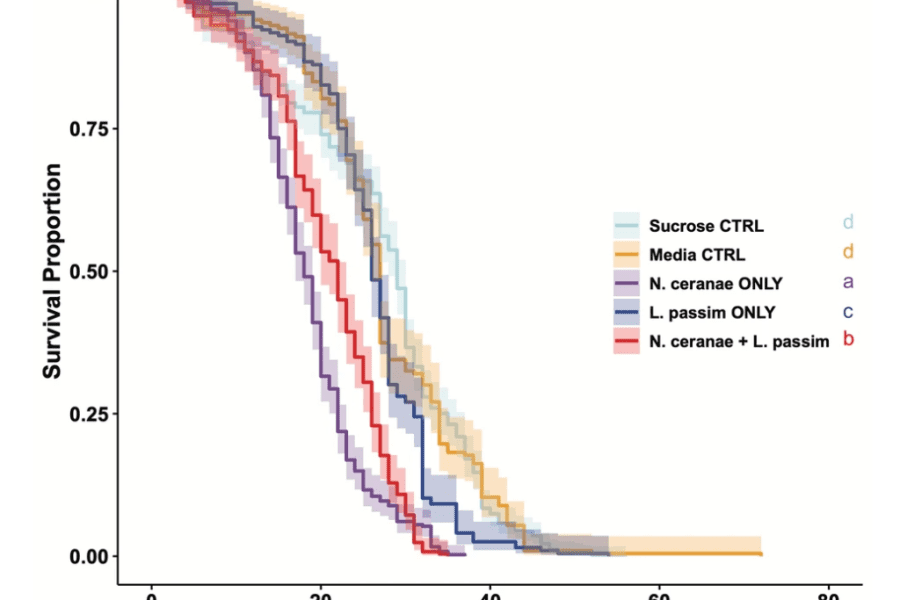Honey bees are experiencing unsustainable colony loss rates, and many species of wild pollinators are experiencing range contractions and population declines. Pesticides are not the only reason for these problems, but hundreds of scientific studies show very clearly they’re contributing. For this and other reasons, some people think we should get rid of pesticides. But that’s not currently practical. Our…
UOVBA News BotJanuary 22, 2024





